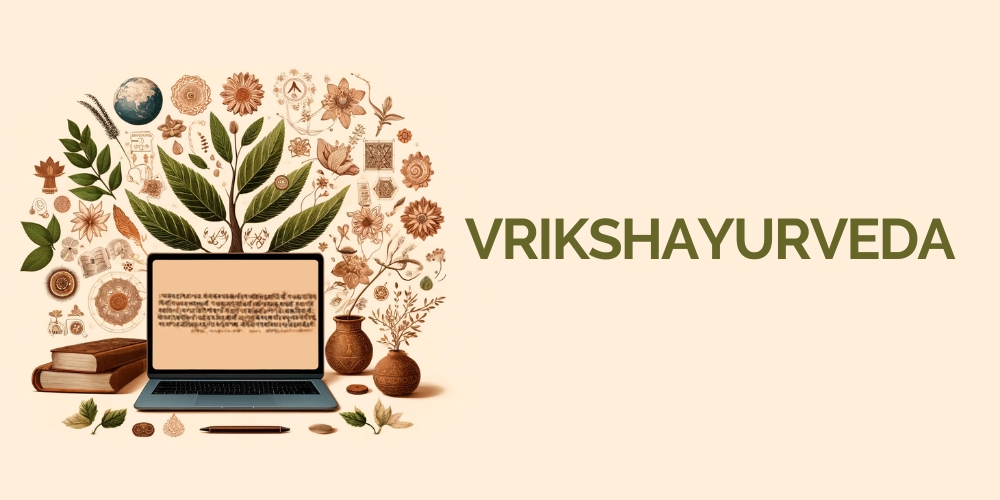
Vrikshayurveda
Discover the ancient wisdom of Vrikshayurveda and its application in modern agriculture. This course provides a comprehensive guide to natural farming techniques, leveraging Ayurvedic principles to improve soil health, manage pests, and enhance crop fertility without chemicals. Ideal for environmental enthusiasts seeking sustainable farming solutions.
Faculty
16 August 2024 - 29 November 2024
7:00 PM-8:00 PM IST
Every Friday
Introduction
This immersive course aims to bridge the ancient science of Ayurveda with contemporary agricultural practices. It offers practical insights into cultivating crops naturally, enhancing soil fertility, and managing pests through time-tested Ayurvedic techniques. Designed for aspiring natural farmers, this course is open to anyone interested in natural farming, from beginners to experienced growers. Enroll to learn a holistic approach to farming that nurtures the environment and yields healthier produce.
Course Objectives
By the end of this course, participants will:
- Understand the principles and history of Vrikshayurveda
- Learn to assess and enhance soil nutrients naturally
- Explore natural pest management strategies
- Develop skills to improve soil fertility using Ayurvedic methods
- Implement sustainable farming practices that reduce dependency on chemicals
- Gain practical knowledge for setting up and maintaining a natural farm
Course Outcomes
Upon completing this course, participants will be able to:
- Apply Ayurvedic principles to agricultural practices
- Create and use natural fertilizers and soil conditioners
- Identify and manage pests using organic methods
- Enhance the overall health and productivity of their farms
- Promote sustainable and eco-friendly farming techniques
- Advocate for and implement practices that support environmental conservation
Course Syllabus
- Definition of Vrikshayurveda
- Vaisheshika Darshan
- Rishi Bhrigu and Bharadwaj Samvada
- Vata Pitta Kapha – Metaphysics of Ayurveda
- Kunapajala
- Tridosha Remedy
- Agnihotra
- Soil Health and Nutrient Management
- Natural Fertility Improvement
- Setting Up a Natural Farm
- Maintenance and Sustainability
Reading List
- Vrikshayurveda by Surapala
- Kashyapiyakrishisukti
- Krishi Parashar
- Vishwavallabha
- Krishi Samhita by Ravi Singh Choudhary (Hindi)
- Gau Samhita by Ravi Singh Choudhary (Hindi)
- Vrikshayurveda Samhita by Ravi Singh Choudhary (coming soon)
Course Features
- Live Interactive Sessions: Participate in live lectures and discussions with ample opportunities for Q&A.
- Flexible Learning: Access class recordings and materials at your convenience for asynchronous learning.
- Certificate of Completion: Demonstrate your new knowledge with a certificate upon successfully completing the course
Watch this video for a detailed course overview

